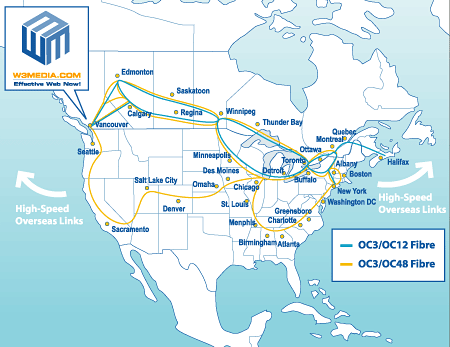Awhile back Sean suggested I post this as a separate topic so here it is.
Essential infrastructure like roads and services like health care are best paid for collectively as it is cheaper and we all need these things. It is time to re-evaluate what is essential to our minimum well-being and security in the 21st century.
Railways and highways are well and good but we need our own cross country fibreoptic backbone that would also reach North. All our data goes to the US and circles back. That is a hugh hole in our ability to keep our data private and protect ourselves from disruptions. They could decide to throttle our data. There was a time when we didn't need passports that I would have had faith in the US but they elected Trump and he is still president. We need our own infrastructure. Private ISPs could buy space at a reasonable market price. Beyond being the borrower for the backbone the government would not subsidize it. The government would only supply the expensive upfront infrastructure allowing much smaller entrants into the market but still charging cost+profit as any business would do. This isn't something any of the big companies are planning to do. They are fine with everything routing through the States and only supplying profitable markets so leave them to it.
We also need a network of top-notch cell-phone towers which would be rented out to anyone who wanted to buy space on them. They should make enough profit to pay for towers in more remote areas or pay for satellite communications for those communities that are too isolated. The companies complain about being forced to rent space to smaller players so relieve them of the burden.
We need to treat communications as the essential service it is in the 21st century. No community in Canada should be without phone and internet service if it's possible.
Both these nation building projects would pay for themselves and generate profit. We are paying far more than the cost for these services and they are essential infrastructure and universally needed.
Edited title to make it clear the focus is the fibre optic network not Canada Post.





